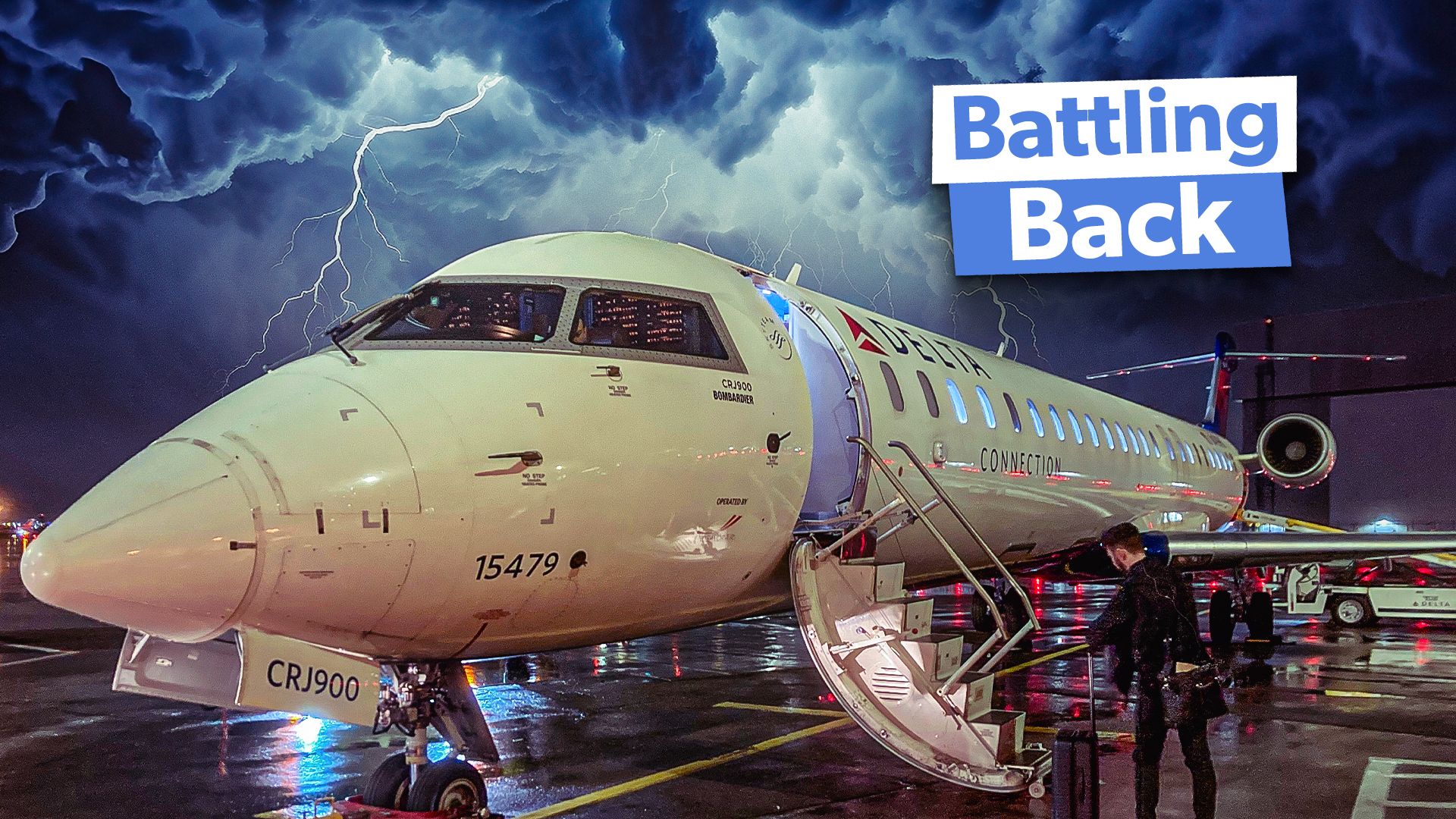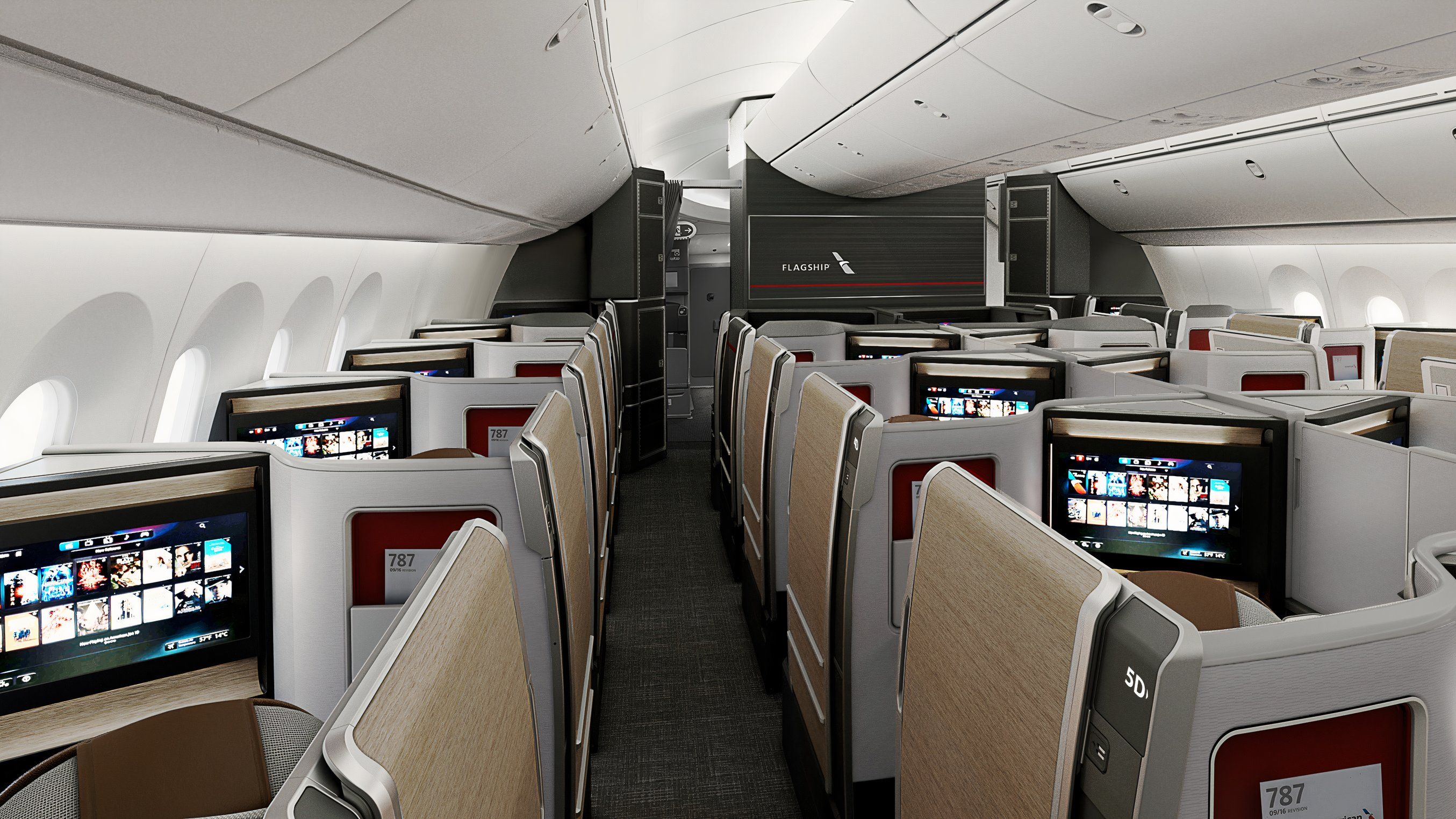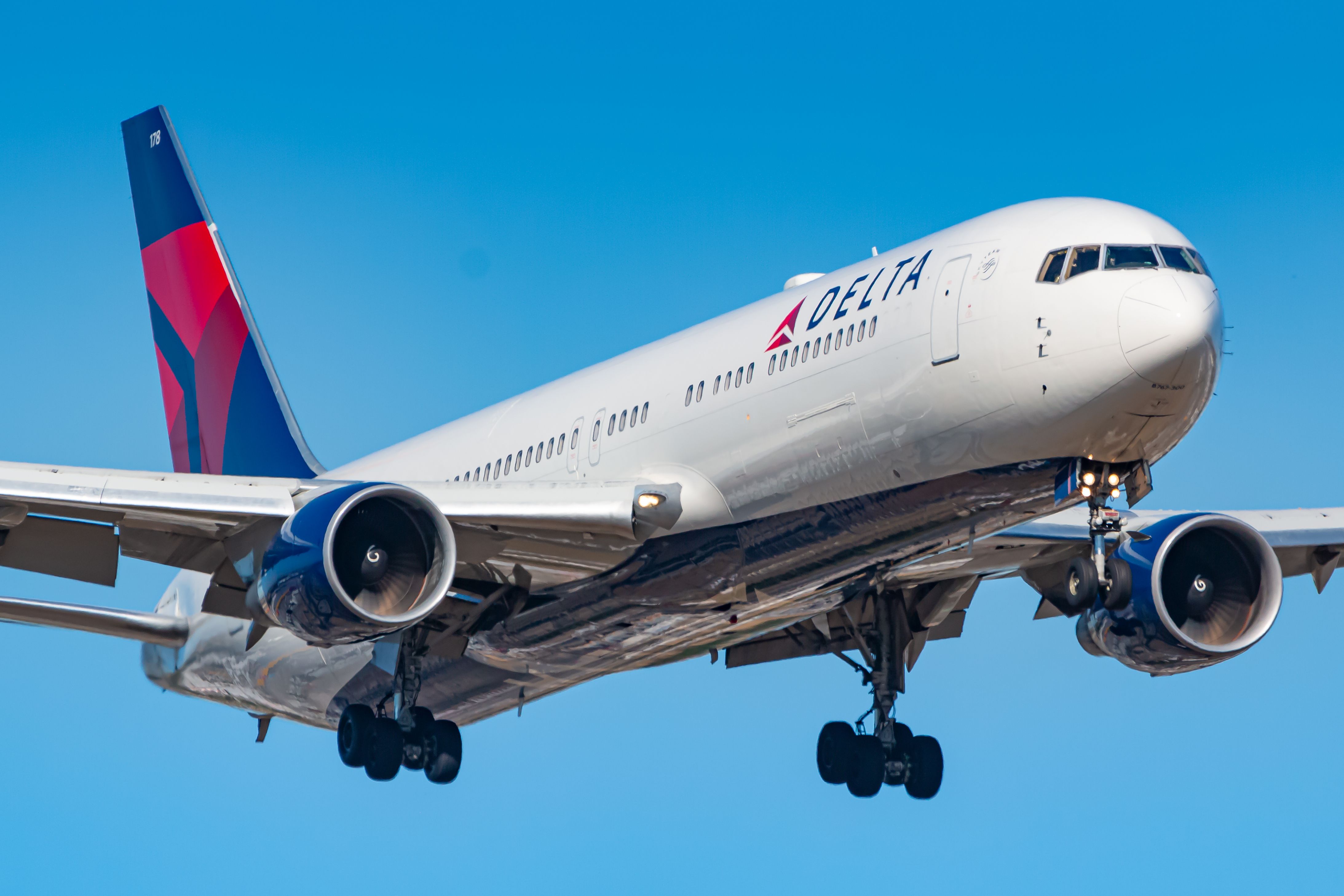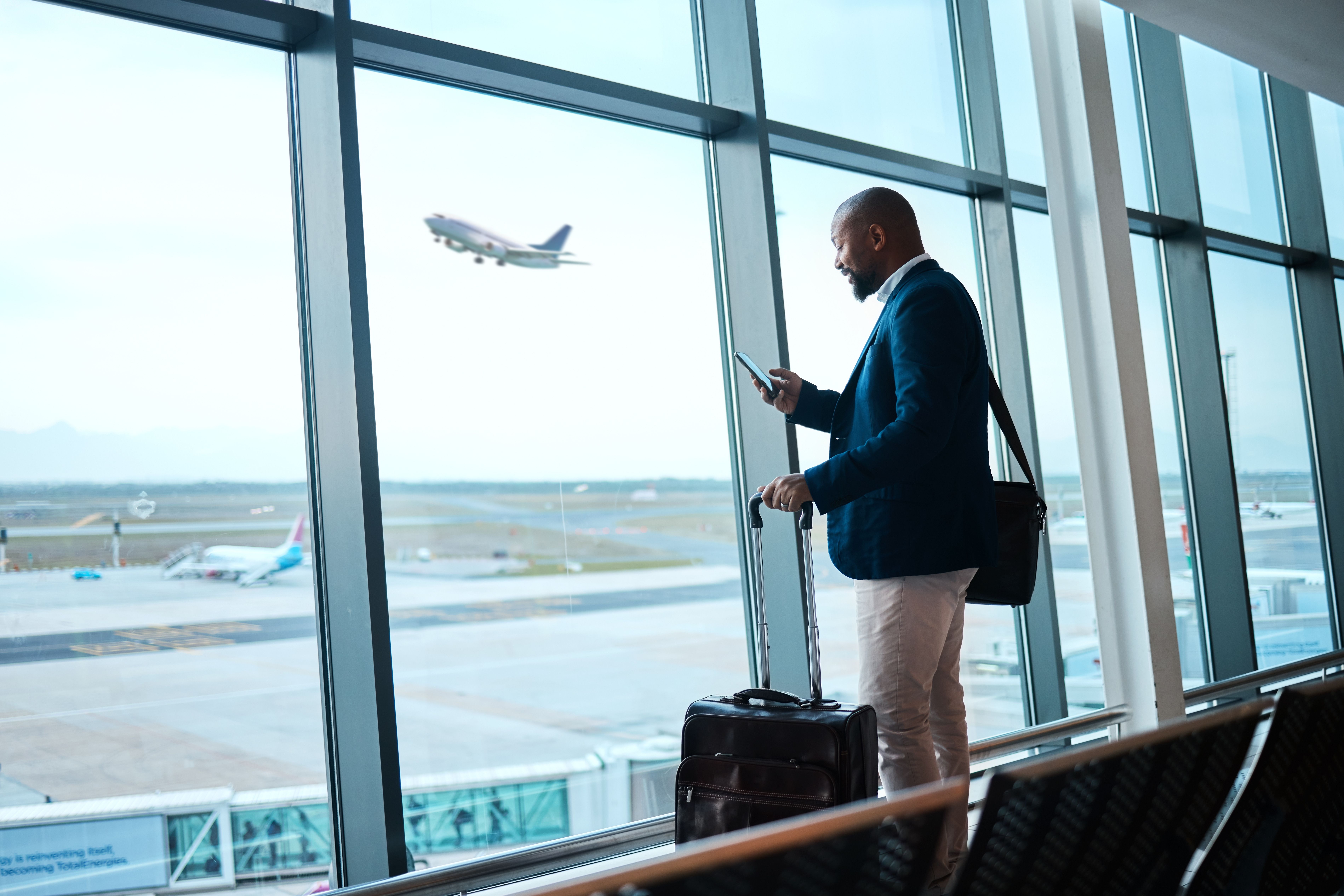Travel
Analysis: Is Delta’s Business Travel Program The Key To Battling COVID-Era Falls In Business Travel?

Summary
- Business travel has shifted post-pandemic, prioritizing essential trips over frequent travel for cost & sustainability reasons.
- A new category of business travelers, including remote work orphans, have distinct priorities like ticket price & flexibility.
- Delta’s new benefits aim to attract these casual travelers with accessibility and perks like access to coworking spaces.
Historically, full-service network carriers like Delta Air Lines , American Airlines, and United Airlines have made their money in premium cabins, and have overwhelmingly done so by targeting business travelers. With corporate travelers booking their tickets just a couple of weeks or days in advance and almost always booking into premium cabins, they have consistently been a strong source of income for carriers.
This was the case, however, until the COVID-19 pandemic, which significantly changed the nature of business travel, as the lockdown era proved that crucial business activities could still take place even when workers were not physically together. As a result, traveling began to seem like an undue burden which simply just added additional costs to the many who had historically seen travel as essential to their work.
Photo: Lukas Wunderlich | Shutterstock
According to a breakdown from Forbes, the share of U.S. adults who say they travel regularly for business has shrunken by nearly 18%, with high-frequency business travelers again seeing a significant decrease. As a result, airlines have struggled to address the challenges that this lack of consistent business traveler volume has created, deploying new strategies to fill their premium cabins and reward those who travel for business.
Delta Air Lines is no exception to this rule and has rolled out all the stops to entice next-generation business travelers to remain loyal to its SkyMiles loyalty program, launching a new set of program benefits targeted at this passenger segment. Delta has also been quick to acknowledge that the nature of travel for work has changed significantly and, as a result, has chosen to focus these benefits on remote workers. Could this kind of program be an ace up the airline’s sleeve when it comes to fighting the seemingly permanent decline in business travel?
A new philosophy surrounding business travel
It is important to note that the nature of business travel has changed significantly since the years before the pandemic. The era of flying to another city for a meeting or two has come to a close, with companies now placing a heavier emphasis on only traveling for essential reasons. Lawyers, consultants, salespeople, and many others have instead begun to take important meetings remotely, and have reserved business travel for only the most important purposes.
Photo: PeopleImages.com – Yuri A | Shutterstock
Many still fly for business. However, they are doing so at significantly shorter intervals and with lower frequency, likely as a result of an increasingly negative sentiment towards traveling. At the end of the day, sending employees across the country simply adds heavily to their costs, increases their carbon footprint, and tires their employees out unnecessarily. While some do enjoy the jet-setting life of a corporate traveler, for many it does become a tiring burden that would ideally be avoided.
A new category of traveler with different priorities
But convincing corporations to keep flying their employees on Delta is not the job of the newest set of benefits the company has announced, as these are primarily targeted at a new segment of the business traveler community. The airline offers its SkyMiles for Business corporate program, an initiative that is focused on the high-volume corporate traveler, has existed for many years and has been refined post-pandemic.

Related
Which Frequent Flyer Program Offers The Best Benefits For Business Travelers
Delta Air Lines announced a new program for those traveling for work this week, including small business owners and self-employed travelers. The Delta Business Traveler program does not require a corporate travel agreement with Delta and will continue to operate along SkyBonus for Business. Instead, it allows customers to self-identify as traveling for work. It provides perks, including elite rental car status, discounts on MasterClass, and access to co-working spaces worldwide with Industrious.
Legacy business travel programs continue to exist alongside ones for sole proprietors. SkyTeam carriers have various options, including BlueBiz from the Air France/KLM group and Aeromexico’s Club Premier Corporativo. Oneworld Alliance airlines are also covered with programs including On Buisness (British Airways), Business Plus (Cathay Pacific), and AAdvantage Buisness from American Airlines. The Star Alliance offers a single program covering all participating member airli
The new era of remote work has created an entirely new classification of business travelers: the remote work orphan. This category of businessperson is an employee of a company in a remote-first capacity. For example, this kind of employee may be affiliated with an Atlanta-based business, but as they are only required to be in person once every three weeks for a couple of days or so, they may choose to live elsewhere.
The first thing to identify is that these casual corporate travelers have significantly different priorities when it comes to deciding which airline to fly. Unlike most corporate travelers who are forced to journey to client sites or important meetings, these remote workers pay for their tickets out of pocket, making them rather price-sensitive. For example, our Atlanta-employed traveler who may, say, choose to live in New York, would be on the hook for their tri-weekly roundtrip down to Georgia.
Furthermore, this class of travelers would also not be looking for business class seats. However, they do value (and would likely be willing to pay for) the benefits of ticket flexibility and WiFi. Additionally, the remote work environment encourages them to travel for so-called “soft vacations,” making them value the frequent flier miles earned by business flights, according to Global Rescue. This leaves us with three key priorities for these “casual” business travelers:
- Not rock-bottom, but still reasonable ticket prices
- Ticket flexibility and inflight experience
- Award accrual potential
Where has Delta taken steps in the right direction?
The first feature of Delta’s newest set of business traveler benefits to offer an improvement over existing products is accessibility. Delta’s existing business loyalty program requires a minimum number of employees, as well as employee verification. Now casual business travelers and remote-first workers can enjoy the benefits of SkyMiles business travel without any verification from their employer.
The new slate of benefits also targets other aspects of the travel experience that would matter to these remote-first workers. For starters, Delta business travelers will now have access to Hertz Five Star Status and are offered additional SkyMiles for hotel reservations via Delta Stays. Additionally, this new loyal traveler will have access to coworking spaces via the Industrious x Delta Business Traveler Pass, which is offered for the impressively low $99 per month.










